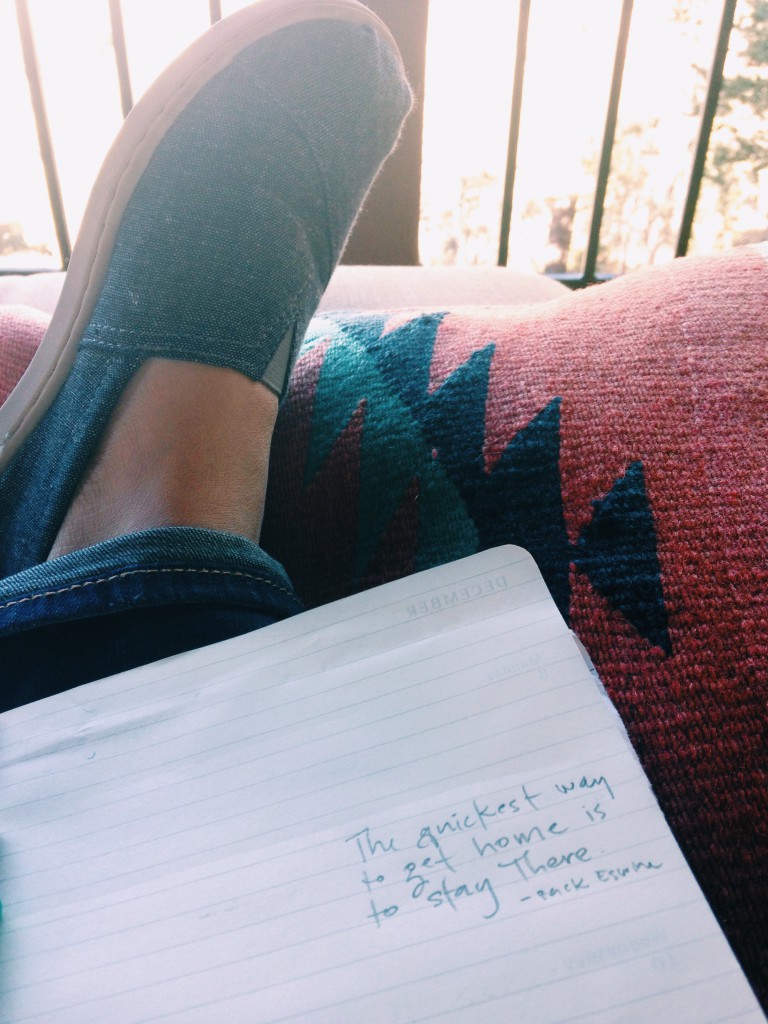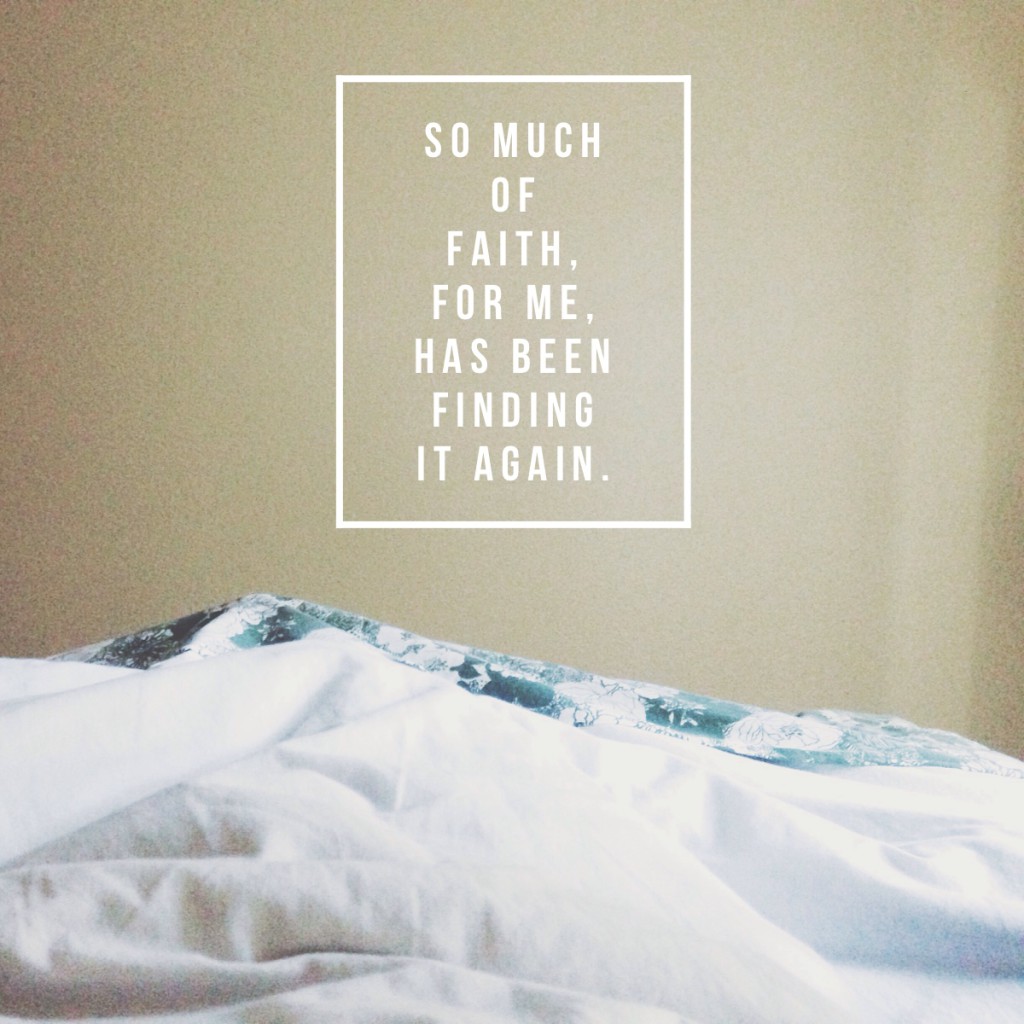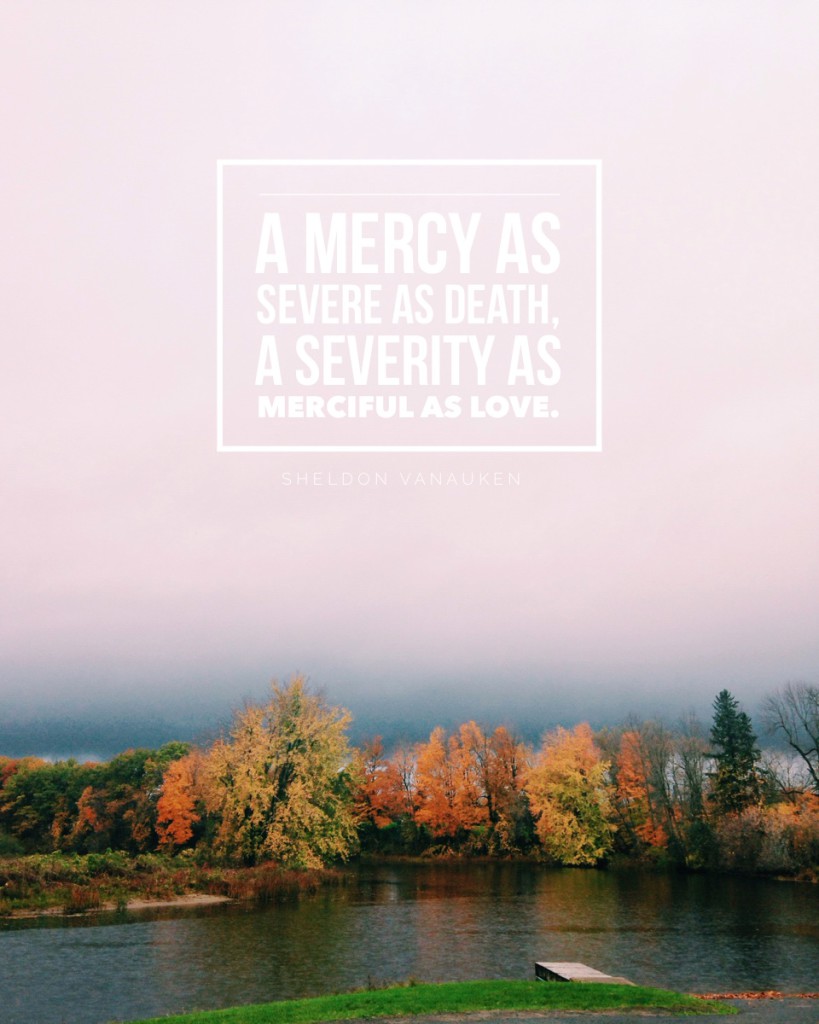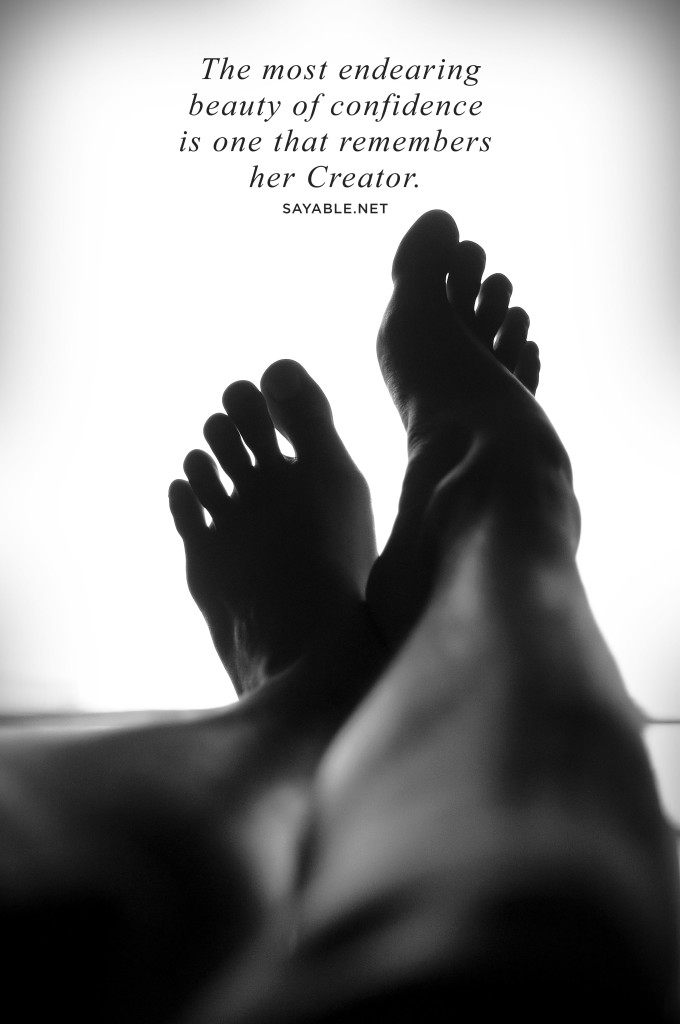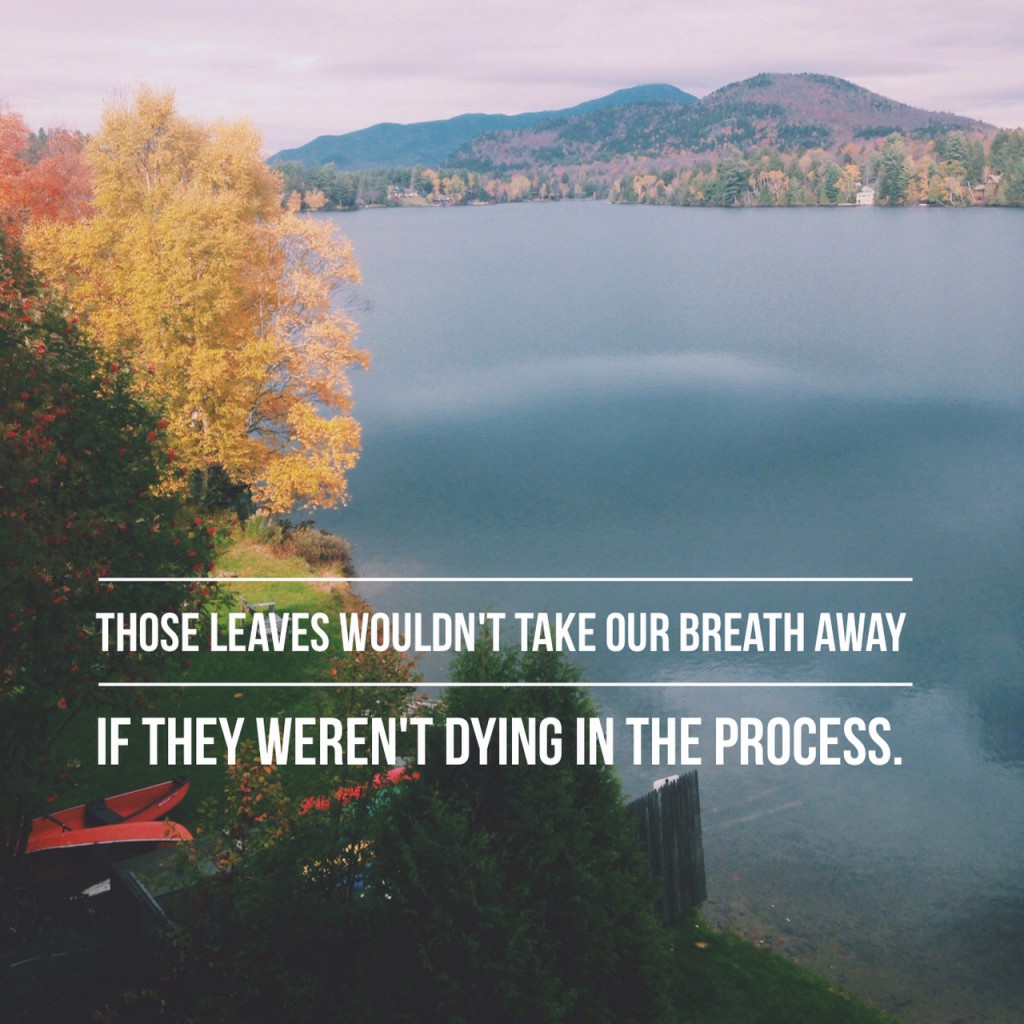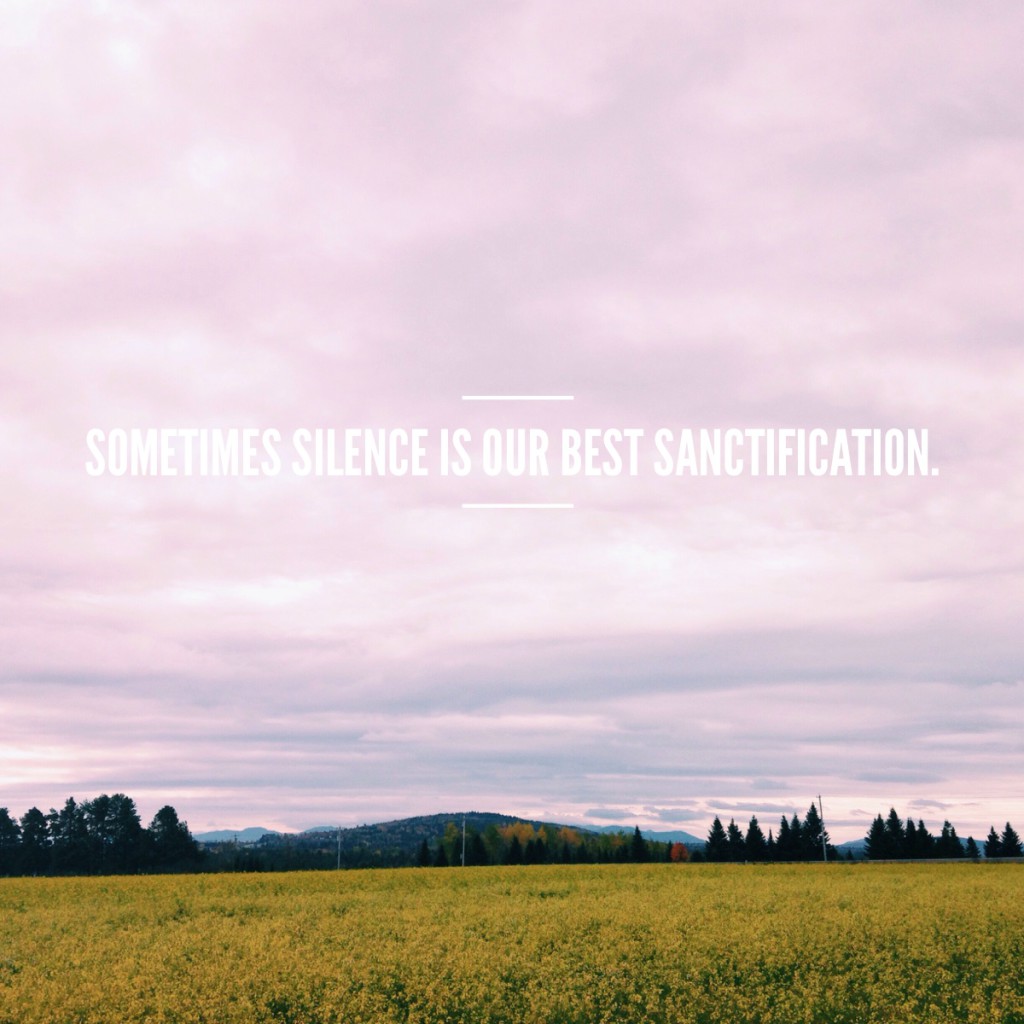Submission as Reverence
"I was born fighting the status quo," I told a friend earlier today. My parents have stories of my infant rebellion and it never really stopped, just grew quietly into a mistrust of authority, a silent questioning of every demand, and a bristling fear of boundaries. I can mask the stubbornness and strong-will in many ways, namely by giving lip-service to whatever will cause the least amount of damage in the end. I am no masochist, I crave peace and mutual consent, but I protect my own opinion even if no other shares it. I care little for going with the flow, but I do because I care more about not making waves.
This propensity has been my nemesis long and hard. Outwardly I am kind and sweet, but inwardly I am mistrustful and suspect. I am positive everyone means harm to me in the long run and my kindness aims to keep that harm as far away as possible. Kill them with kindness, the saying goes.
Today, all day, I have felt the pressing of submission. It comes in the form of people wanting my time and energy. It comes in the form of demands I cannot satisfy. It comes by email, by text, and by face to face. Everyone around me demanding I bend my will and desires to their will and desires. At one point I asked the question: "Why must I bend here? Why can't they bend here? Why can't they, for once, see their sin for what it is and serve the greater good here?"
And then I think of Ephesians 5 and true submission.
Before Paul gives instructions to husbands and wives about loving and submitting, he gives instructions to all persons everywhere, ending with this: "Submitting to one another out of reverence for Christ."
I have learned to submit, not out of reverence to Christ, but as a tool to secure my own safety. I want to keep the peace, not rock the boat, to be seen as docile and kind, for the good of others instead of myself. It is a twisted manipulation, but those are the best and most poison kind.
It is out of reverence for Christ, though, that Paul says we ought to submit.
When I think of revere, I don't think of my friend Jesus, my brother, my Kinsman Redeemer, my wonderful counselor, or the prince of peace. I think of King Jesus, the one with a sword in his mouth and his face shining like the sun. The awe-inspiring, fear-inducing King Jesus, the one with whom you do not mess.
Submitting is not something we like or enjoy. A pastor friend of mine says, "Submission begins where agreement ends." In other words, if we agree on this point, it is not mutual submission we are practicing, but common vision. But Paul wasn't talking about common vision, he was saying, "In fear and awe of the King on His throne, submit to Him by submitting to others. Take the crown off of your head, the expectations out of your heart, and by doing so, you proclaim what you truly worship." We preach the Kingship of Christ when we practice submission to one another.
Nothing in my day has gone according to plan and I confess, the frustration that was a mere simmer eight hours ago has steadily turned up higher and higher. I'm asking King Jesus to put a burning coal in my mouth, to rend me silent in my own defense, in my own will and preferences, to be sent and to go where He leads, pressed up against those "one anothers" with whom I will eternally worship our King.


